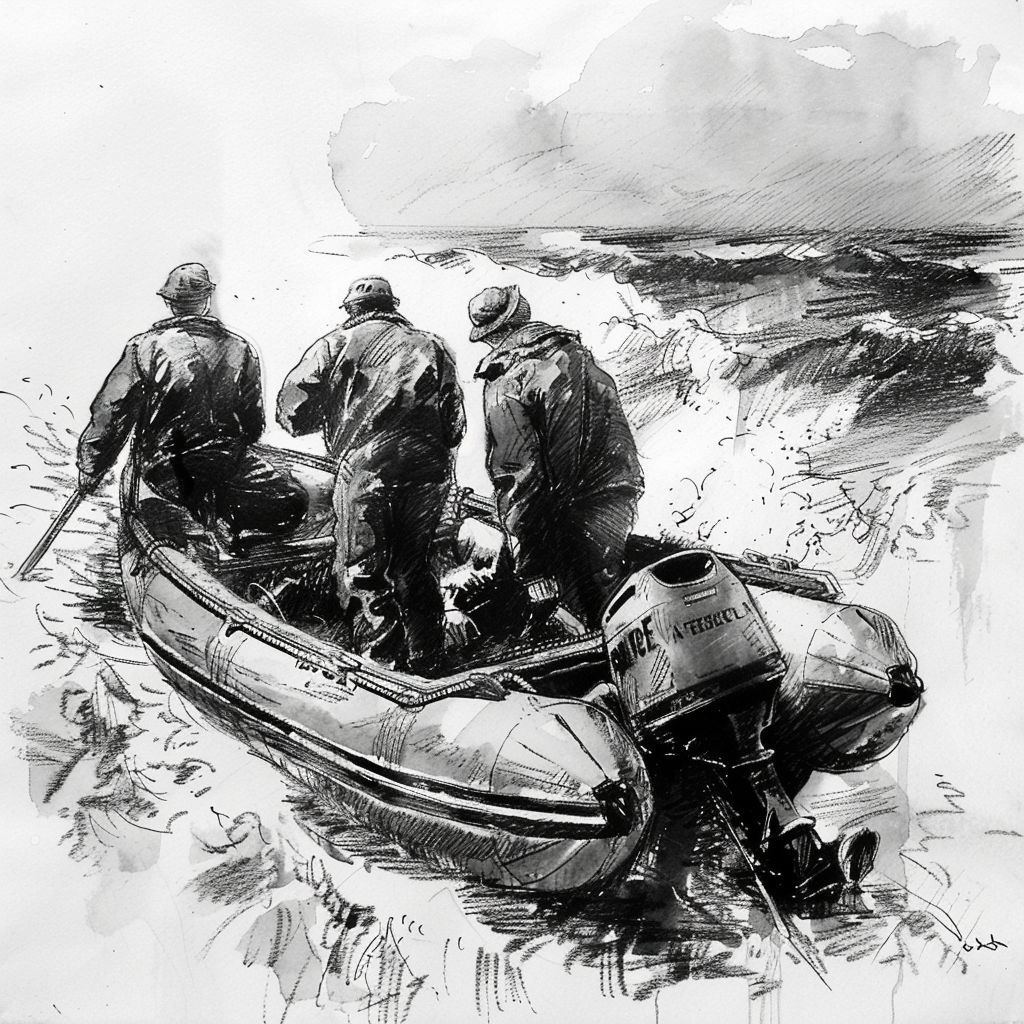One morning at the start of my shift, I thought I saw a swimmer far out with my binoculars. It was either a man tired of life or a daredevil, well-trained long-distance swimmer.
This post has been moved. Please follow us on Medium to read and/or listen (!) to it in full.
The Bright Side of the Doom, a Prequel to 1984, The 18-Year-Old Who Wrote a Note and Disappeared is now available worldwide in bookstores as a hardcover, paperback, and e-book‼️
